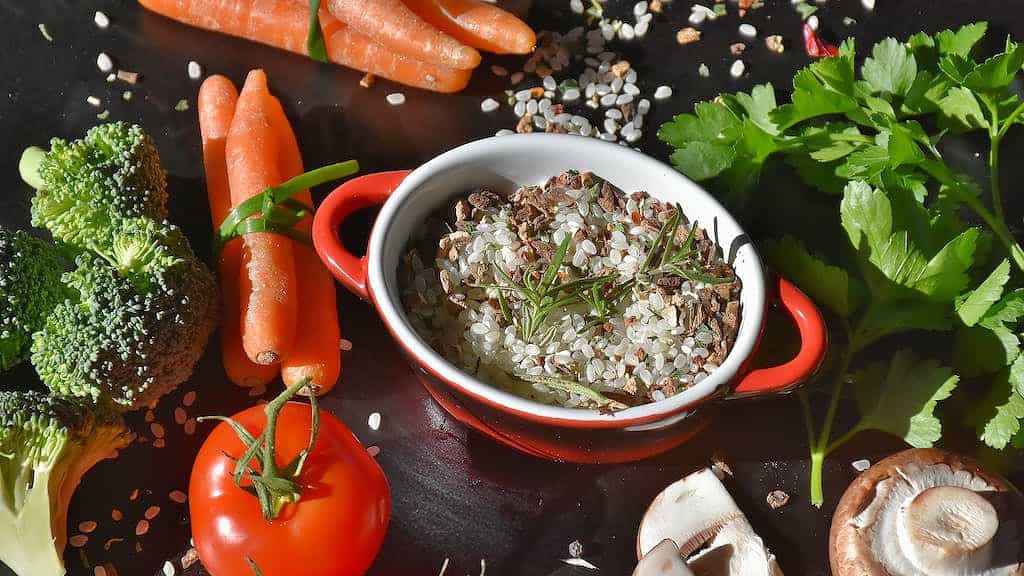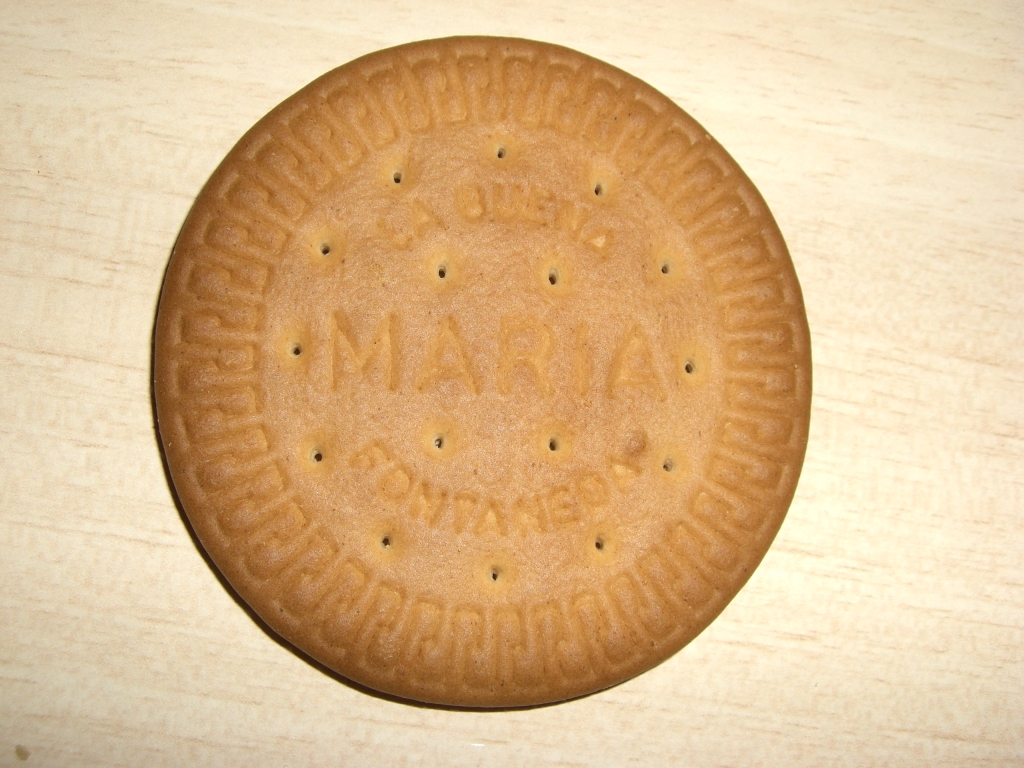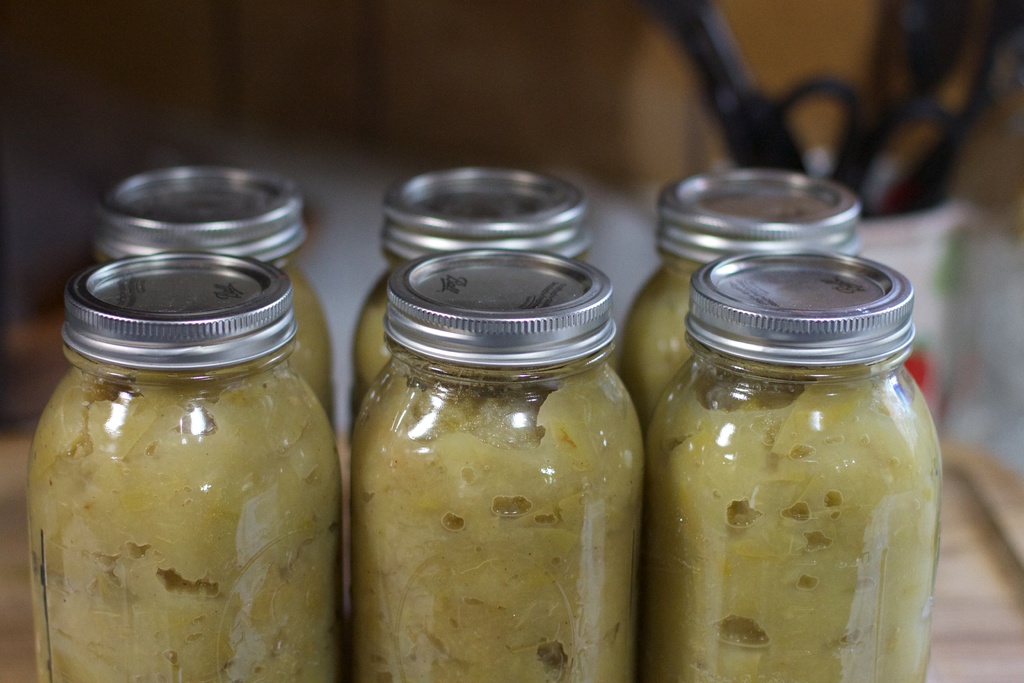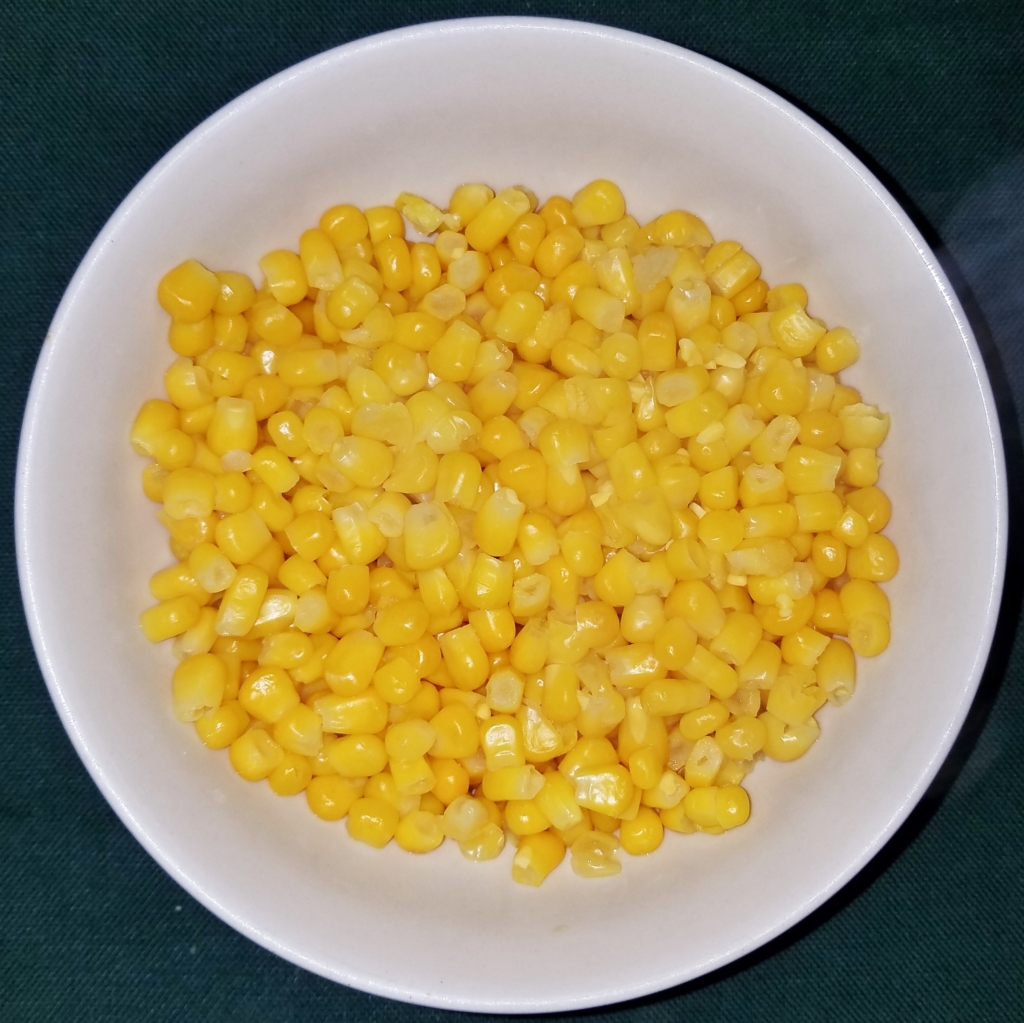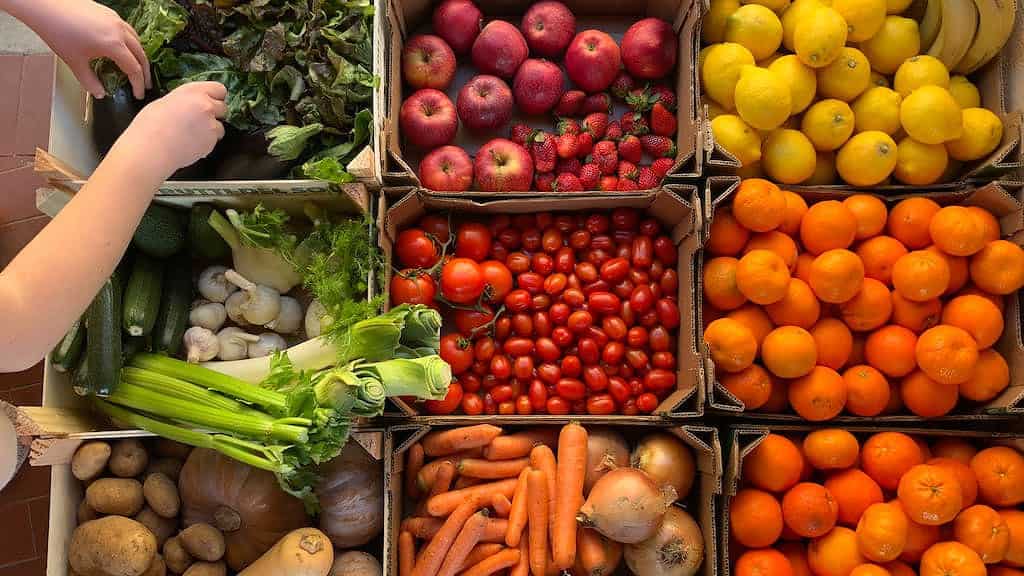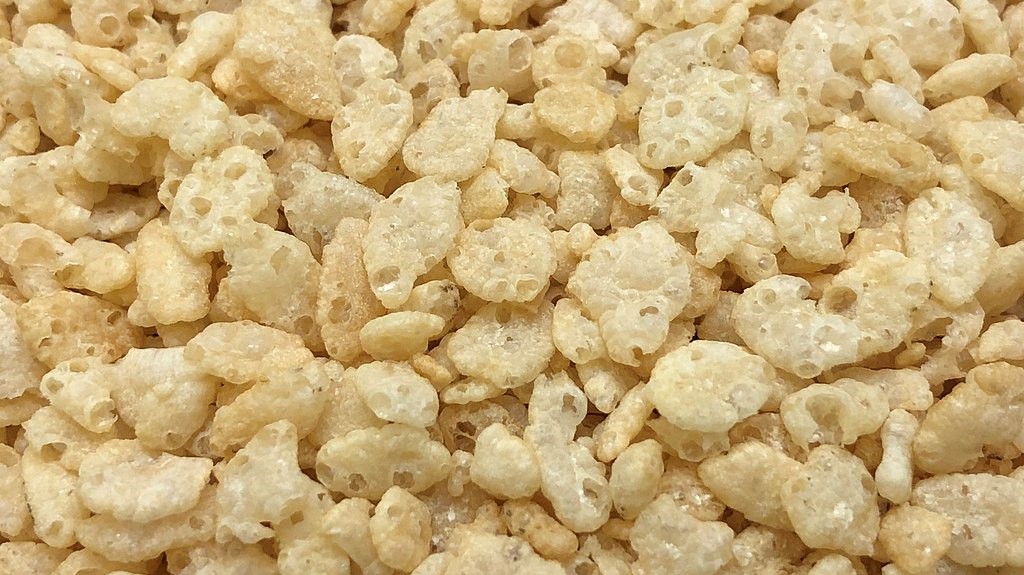Key Takeaways
- Dogs should not eat raw sourdough dough as it contains yeast that can cause bloating and discomfort.
- While baked sourdough bread is generally safe for dogs in small quantities, it is not recommended to feed them regularly due to high salt and carbohydrate content.
- Sourdough with added ingredients like garlic, onions, or raisins should absolutely be avoided as they can be toxic to dogs.
- If your dog accidentally consumes raw sourdough dough or a significant amount of baked bread, it is important to monitor them for potential symptoms and consult a veterinarian if any issues arise.
- Always remember to consult with your vet before introducing any new foods into your dog’s diet for a balanced and healthy feeding plan.
Summary
Can dogs eat sourdough? In short, no, they should not. While sourdough bread may seem harmless, it contains several ingredients that are potentially harmful to dogs. However, the rest of the article delves deeper into the specific reasons behind this advice, exploring the potential risks and harmful effects sourdough can have on dogs. By reading further, you will gain a better understanding of why it is best to avoid feeding sourdough to your furry friend to ensure their health and well-being.

Feeding sourdough to dogs: Is it safe?
While dogs can eat certain types of bread in moderation, sourdough should generally be avoided. Sourdough contains yeast, which can cause bloating and digestive discomfort in dogs. Additionally, sourdough often contains high levels of salt, which can lead to dehydration and sodium toxicity. It’s best to steer clear of giving sourdough to your furry friend to ensure their health and well-being.
Potential health risks of feeding dogs sourdough
The consumption of sourdough by dogs can pose various health risks. Yeast in sourdough dough can ferment in a dog’s stomach, leading to gas accumulation, discomfort, and potential gastric dilation-volvulus (GDV), a life-threatening condition. The higher levels of salt in sourdough can put strain on a dog’s kidneys and contribute to electrolyte imbalances. To keep your dog safe, it’s important to avoid feeding them sourdough, opting for dog-friendly treats instead.
Alternatives to sourdough for dogs
If you’re looking for alternatives to sourdough, there are plenty of safe options for your beloved pup. Consider offering your dog small pieces of plain, cooked bread without any flavorings, seeds, or additives. Additionally, you can explore commercial dog treats specifically designed to meet their nutritional needs. These treats are made with ingredients that are safe and appropriate for dogs, ensuring they can enjoy a tasty snack without any potential health risks.
Signs of sourdough consumption in dogs
If your dog accidentally consumes sourdough, it’s essential to monitor them for any signs of distress. Common symptoms of sourdough ingestion in dogs include vomiting, diarrhea, abdominal pain, bloating, excessive gas, restlessness, and decreased appetite. If any of these signs persist or worsen, it is recommended to consult a veterinarian immediately for professional guidance and appropriate treatment.
Preventing dogs from consuming sourdough
To prevent your canine companion from getting their paws on sourdough, it’s important to store it safely out of their reach. Keep sourdough bread in sealed containers or high cabinets, ensuring it’s inaccessible to your curious pup. Additionally, educating family members or visitors about the harmful effects of sourdough on dogs can help create a dog-friendly environment and avoid accidental ingestion.
Importance of a balanced diet for dogs
Dogs require a balanced diet that meets their specific nutritional needs. While bread, including sourdough, should not be a substantial part of their diet, it’s crucial to provide them with appropriate dog food that contains all the necessary nutrients. Consult with a veterinarian to determine the best feeding practices for your dog and ensure they receive a well-balanced and wholesome diet for their overall health and longevity.
Recipes and Alternatives to sourdough for dogs
Sourdough recipes for dogs should be avoided as dogs should not consume sourdough due to its high yeast content and potential to cause digestive issues. Instead, there are plenty of alternative foods that are safe and healthy for dogs. Here are some options you can consider:
- Homemade chicken jerky
- Peanut butter and banana frozen treats
- Carrot and apple pupcakes
- Oatmeal and pumpkin biscuits
- Sweet potato chews
Can dogs eat sourdough?
If you have ever wondered whether it is safe for your furry friend to indulge in sourdough bread, you’re in the right place!
What is sourdough bread?
Sourdough bread is a type of bread that is made through a fermentation process using wild yeast and lactic acid bacteria. It has a tangy taste which comes from the lactic acid produced during fermentation. This bread is often enjoyed by humans, but is it safe for dogs?
Is sourdough bread safe for dogs to eat?
No, sourdough bread is not considered safe for dogs to eat. While small amounts of plain bread are generally safe for dogs, sourdough poses certain risks due to the fermentation process and ingredients used.
What are the reasons sourdough is not safe for dogs?
There are a few reasons why sourdough bread is not recommended for dogs:
- Yeast: Sourdough bread contains live yeast, which can continue to ferment and expand in a dog’s stomach. This can lead to bloating, discomfort, and potentially dangerous gas accumulation.
- Dough: The dough used to make sourdough bread often contains high levels of salt. Consuming the dough can cause sodium toxicity in dogs, leading to dehydration, vomiting, diarrhea, and even death in severe cases.
- Toppings: Sourdough bread may be topped with ingredients like garlic or onions, which are toxic to dogs. These can cause damage to a dog’s red blood cells and lead to anemia.
What should I do if my dog eats sourdough bread?
If your dog has consumed sourdough bread, it’s important to monitor them closely and be aware of any signs of distress. If your dog shows symptoms such as bloating, excessive gas, vomiting, diarrhea, or weakness, contact your veterinarian immediately.
What types of bread are safe for dogs?
While sourdough bread should be avoided, there are safer alternatives for dogs to enjoy:
- Plain white or wheat bread: In moderation, plain bread is typically safe for dogs. However, it should not make up a large portion of their diet.
- Homemade bread: If you enjoy baking, you can make your own dog-friendly bread using canine-friendly ingredients and recipes available online. Be sure to avoid harmful ingredients like garlic, onions, raisins, and artificial sweeteners.
- Specialty dog bread: Some pet stores offer bread specifically formulated for dogs. These breads are typically low in sodium and free of harmful ingredients.
Can small amounts of sourdough be eaten without harm?
It’s best to avoid feeding your dog any sourdough, even in small amounts. The risks associated with the ingredients and fermentation process outweigh any potential benefits.
FAQ Overview
To wrap up the FAQ, sourdough bread is not safe for dogs due to the live yeast, high sodium content, and potential toxic toppings. It is always best to stick to dog-friendly bread options or consult with your veterinarian for specific dietary recommendations for your pet.
Conclusion
After analyzing the topic of whether dogs can eat sourdough, it is clear that caution should be exercised. While small amounts of plain sourdough may be relatively safe for dogs, it is important to remember that the dough can expand in their stomachs, potentially causing bloating or obstruction. Moreover, the presence of yeast in sourdough can lead to alcohol poisoning in dogs. It is therefore strongly advisable to consult with a veterinarian before feeding sourdough to your furry friend.
📚 Sources:


